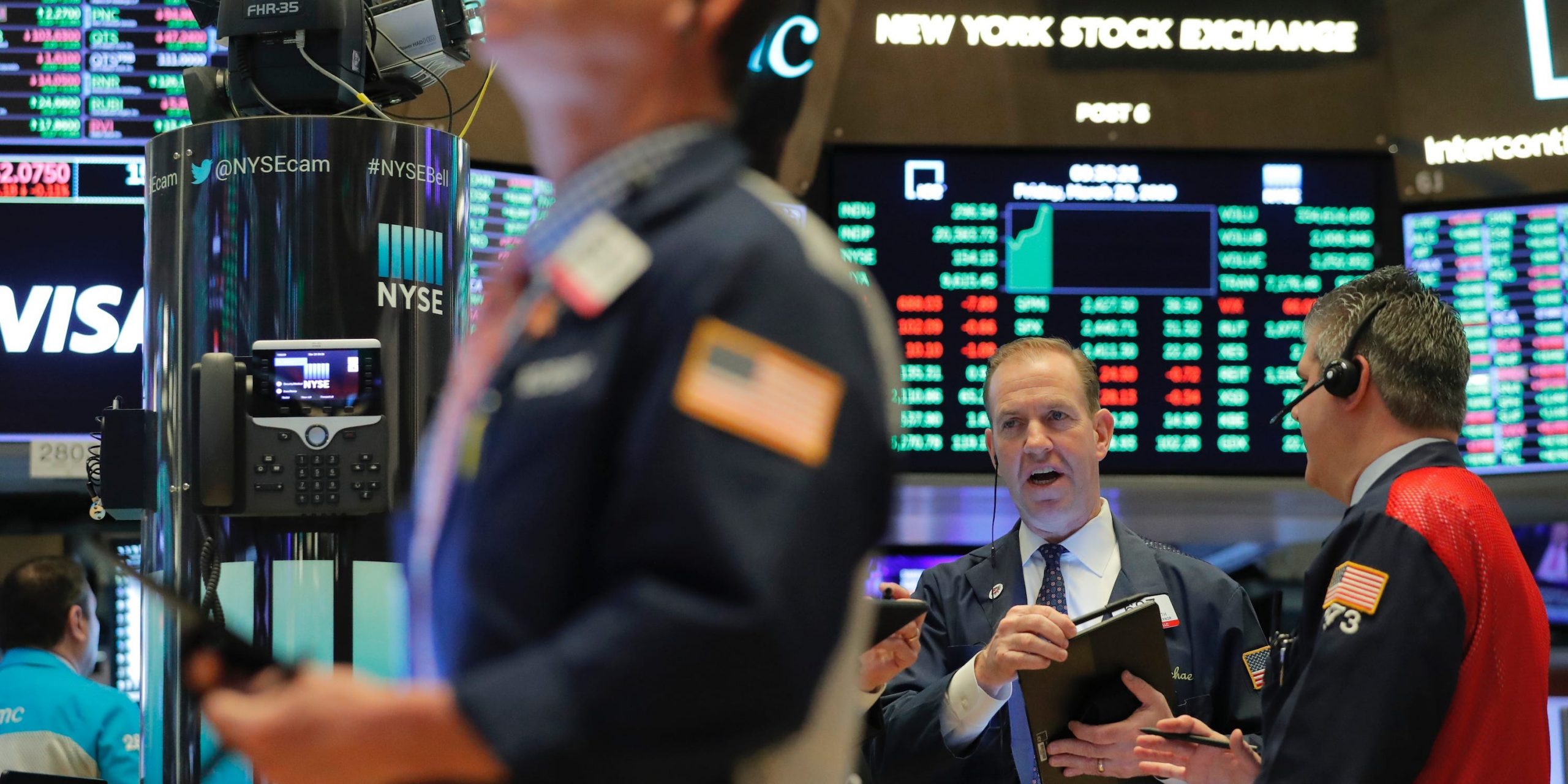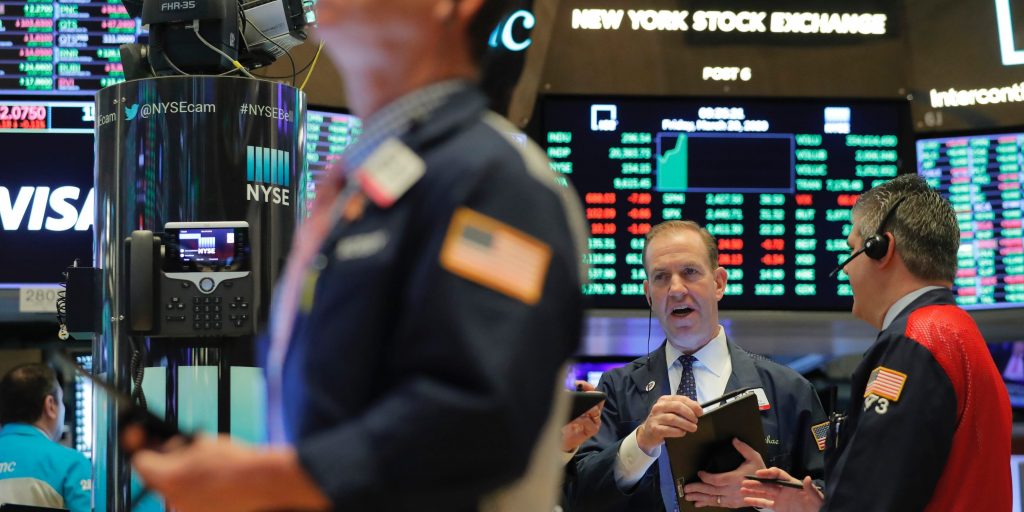
- Virpax Pharmaceuticals stock rocketed up 292% during Tuesday's session following an update about a potential virus treatment.
- Virpax said an FDA response clarifies how it will move forward in developing a prophylactic treatment against SARS and flu.
- Virpax jumped above $16 a share to reach its highest price since trading began in February.
- See more stories on Insider's business page.
Shares of Virpax Pharmaceuticals nearly quadrupled in value on Tuesday, hitting their highest price since they started trading this year after the company said a response from the Food and Drug Administration has provided clarity in how to proceed in developing a potential product to protect against SARS and influenza.
Virpax said it received a written pre-investigational new drug response from the drug regulator about MMS019, a high-density molecular masking spray it is developing for use as an anti-viral barrier product. The company said it believes the results of the pre-IND response support further research on MMS019 as an intranasal protective that may limit virus transmissions and that it expects to pursue a new drug application for MMS019 as a once-daily intranasal treatment.
Virpax shot up as much as 292% to $16.48, the highest price since the stock began trading in mid-February, before paring gains to a still whopping 214%. Volume was heavy, with at least 136 million shares traded compared with 65-day average volume of 2.2 million shares.
"We believe that the initial pathway to move forward with the development of MMS019 has been clarified," Anthony Mack, Virpax's CEO, said in a statement. "As our development program proceeds, we will define the strategy for our drug-device combination product candidate, MMS019, for use in an over-the-counter setting as we look to support a consumer-friendly OTC indication."
Virpax said it's hired Syneos Health to assist with clinical trial design.
Virpax has said previous studies of MMS019 have demonstrated inhibition of viral replication of SARS-CoV-2 and influenza in animals at higher ranges than what's encountered by humans in the nasal passages. There were no adverse effects observed, it said.

